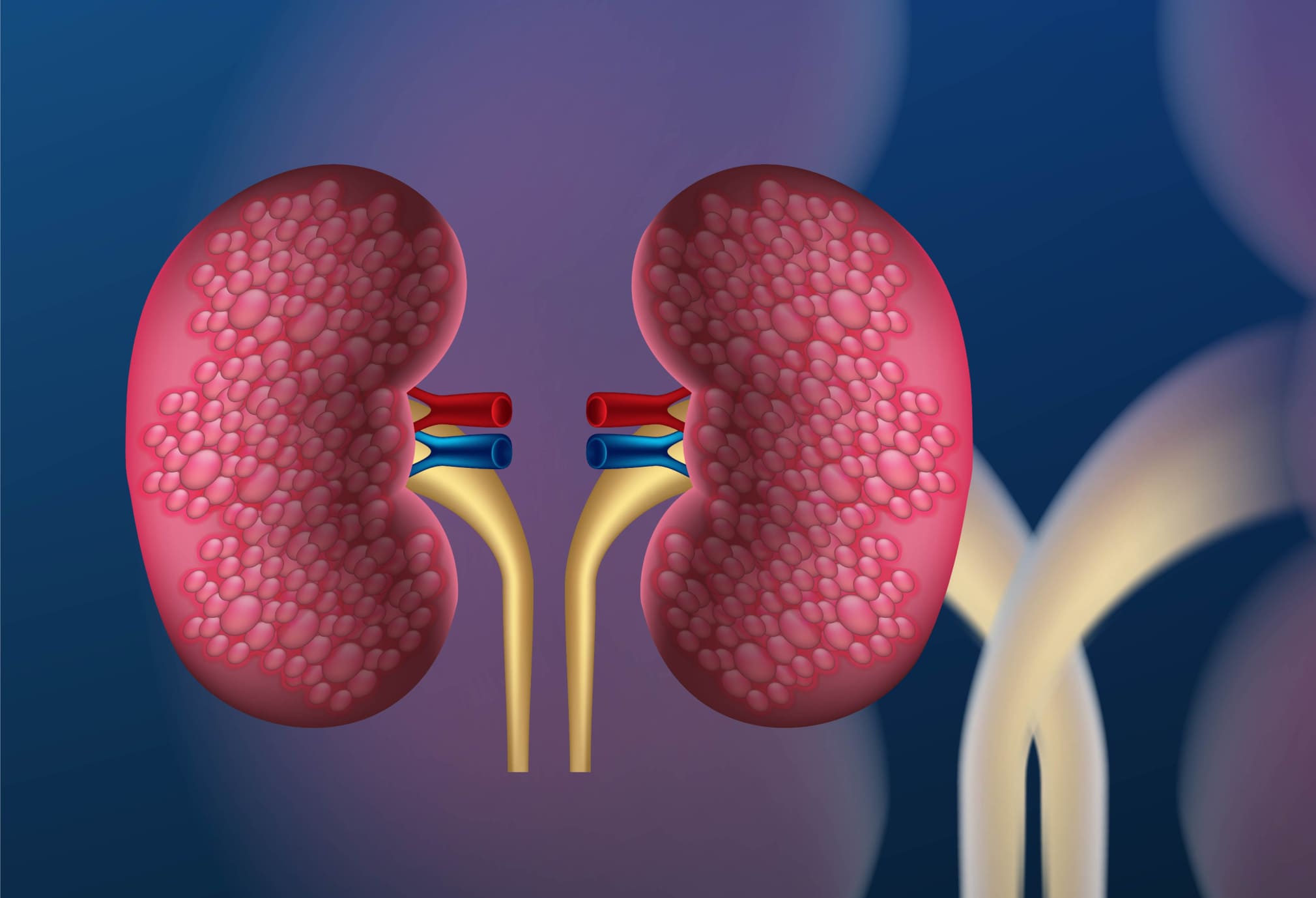Erectile dysfunction, or ED affects millions of men worldwide. ED is characterized by an inability to achieve or maintain an erection sufficient for sexual intercourse. While it is a common condition, many men feel embarrassed or ashamed to discuss it with their healthcare providers, which can delay diagnosis and treatment. In this article, we’ll discuss everything you need to know about erectile dysfunction, including its causes and treatment options.
What Is Erectile Dysfunction?
Erectile dysfunction (ED) is a male sexual health disorder characterized by the inability to achieve or maintain an erection sufficient for sexual intercourse. It can occur in men of all ages, although it is more common in older men.
The occasional difficulty achieving or maintaining an erection is not necessarily a cause for concern. However, if the problem persists and begins to affect your sex life, consult a urologist for a detailed assessment and personalised treatment plan.
Treatment options available for ED include medications, injections, and surgery. With the proper prescribed treatment plan, most men with ED will be able to achieve and maintain an erection sufficient for sexual intercourse.
Risk Factors For Erectile Dysfunction
There are several risk factors for developing ED. These include:
Age: ED is more common in older men, although it can occur at any age.
Chronic medical conditions: Conditions such as diabetes, high blood pressure, and heart disease can increase your risk of developing ED.
Obesity: Being overweight or obese can contribute to the development of ED.
While these are the most common risk factors for ED, there are other factors that can also contribute to the development of this condition. For example, certain medications can cause ED as a side effect.
Neurological disorders such as Parkinson’s disease and multiple sclerosis can also affect the nerves that control erections, making it difficult to achieve or maintain an erection.
Psychological Causes of Erectile Dysfunction
This group of causes affect mainly younger men. Psychological causes of ED include:
- Depression: Depression, can affect the brain chemicals responsible for sexual arousal, making it difficult to achieve an erection
- Anxiety & Stress: These can lead to physiological changes in the body that affect sexual function.
- Sexual Performance Anxiety: The fear of not being able to perform sexually can also contribute to the development of ED.
- Relationship Problems: Communication issues or emotional distance may also be a significant psychological cause of ED.
Common Medications That May Cause ED
As mentioned above, certain medications may cause ED as a side effect. These include:
Antidepressants: Medications such as fluoxetine (Prozac) and sertraline (Zoloft)
Blood pressure medications: Medications such as clonidine (Catapres) and beta-blockers
Antihistamines: Medications such as diphenhydramine (Benadryl) and cimetidine (Tagamet)
Chemotherapy drugs: Chemotherapy drugs such as cisplatin
Hormonal Causes of Erectile Dysfunction
Hormonal causes of ED include:
Low testosterone levels: Testosterone is the primary male sex hormone, and low levels can contribute to the development of ED.
Thyroid problems: Conditions such as hypothyroidism can contribute to the development of ED.
Lifestyle Factors That May Contribute to ED
Lifestyle factors that may contribute to the development of ED include:
Smoking: Smoking can damage blood vessels and contribute to the development of ED.
Excessive alcohol consumption: Excessive alcohol consumption can damage blood vessels and also contribute to poor blood flow to the penis.
Drug abuse: Drug abuse can lead to nerve damage and hormonal imbalances which may contribute to the development of ED.
Treatment Options For Erectile Dysfunction
If you are experiencing symptoms of ED, then the first step is to talk to your doctor. Your doctor may refer you to a urologist, who will evaluate your symptoms and recommend a course of treatment. Treatment options for ED may include:
Oral medications: Medications such as sildenafil (Viagra), tadalafil (Cialis), and vardenafil (Levitra) are commonly prescribed for ED. These medications work by increasing blood flow to the penis, which can help you achieve and maintain an erection.
Injections: Injection therapy involves injecting medication directly into the penis to help you achieve an erection. This treatment is typically reserved for men who cannot take oral medications.
Low intensity shockwave therapy: Shockwave pulses can be applied to the penis to regenerate new blood vessels, hence restoring blood flow to the penis. Typically 6-12 sessions are required to achieve maximal effectiveness. This treatment is painless and done in the clinic.
Penile implant Surgery: In some cases, a penile implant may be recommended. This involves surgically placing a device in the penis that can help you achieve an erection.
Counselling: If your ED is caused by psychological factors such as depression or anxiety, then counselling may be recommended to help you manage these underlying issues. Seeing a sex therapist may sometimes be recommended.
Conclusion
Erectile dysfunction is a common sexual health condition that affects millions of men worldwide. It can be caused by physical and psychological factors and may be treated with medications, injections, or implants. If you are experiencing symptoms of ED, consult your urologist to determine the underlying cause and appropriate course of treatment. Additionally, making lifestyle changes such as quitting smoking and reducing alcohol consumption can also help improve your sexual health.



